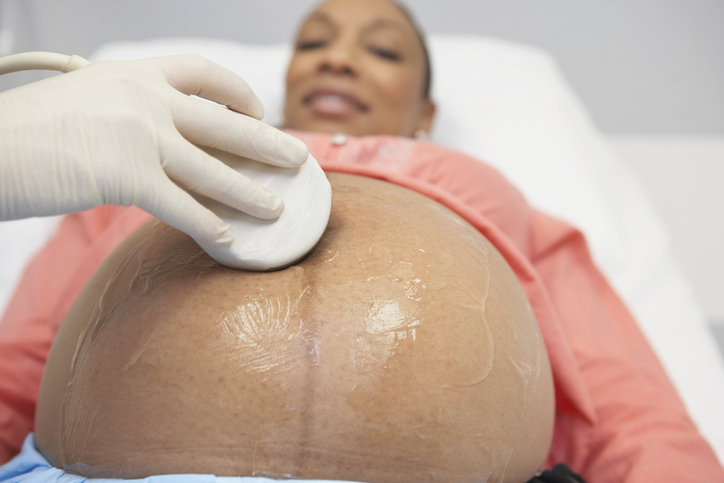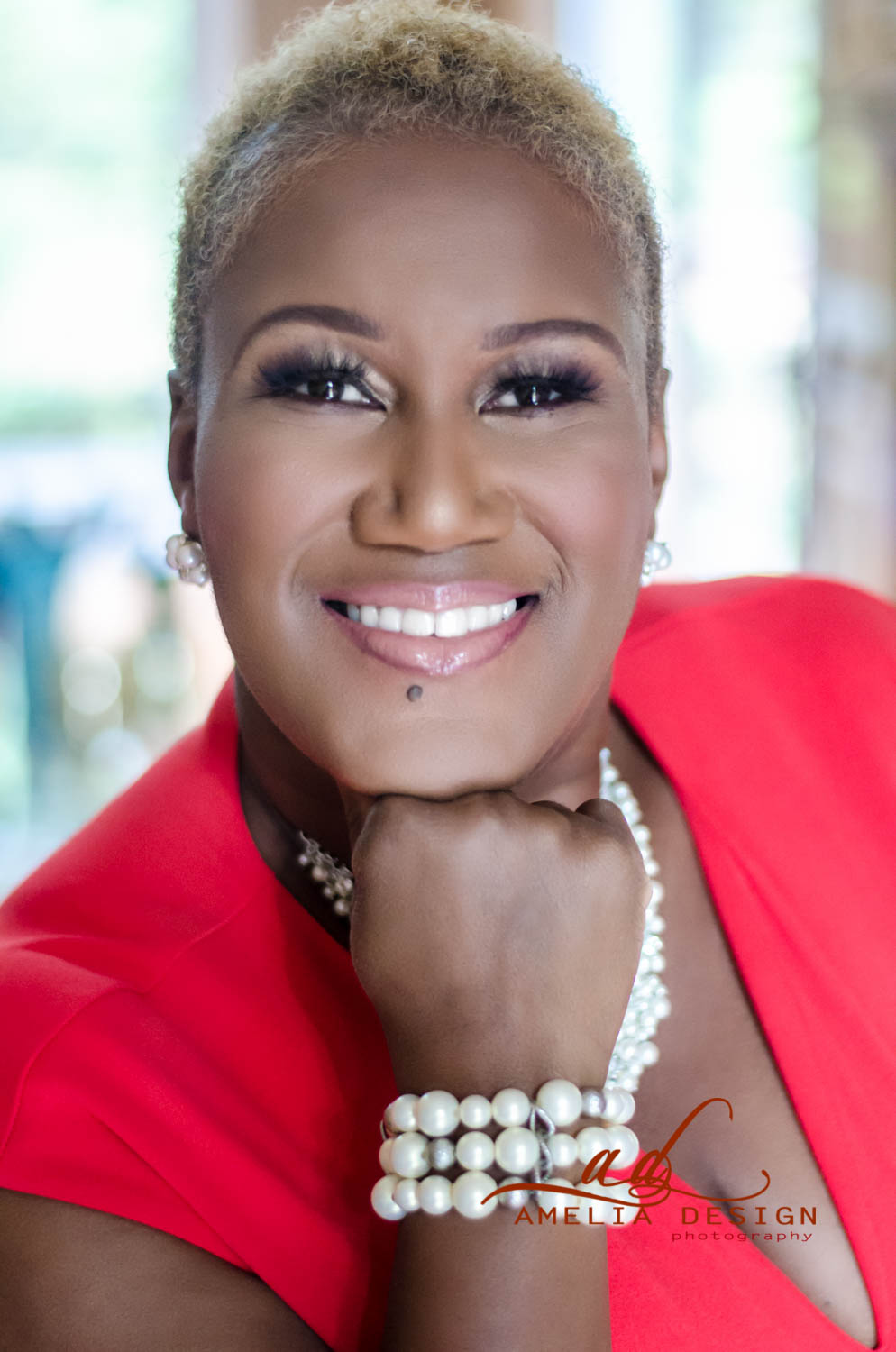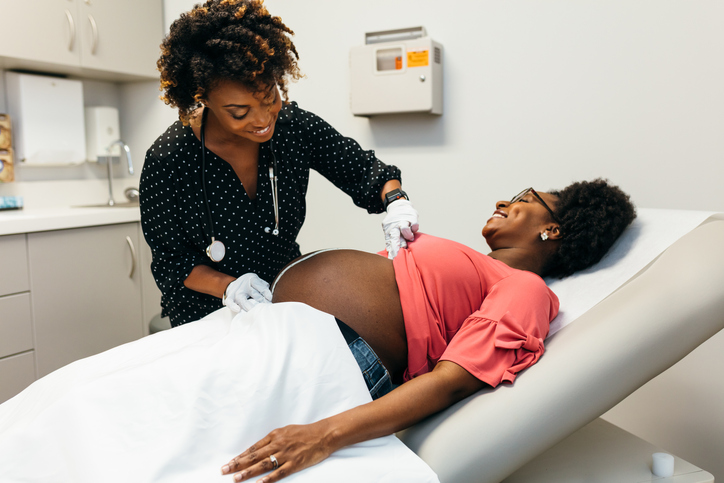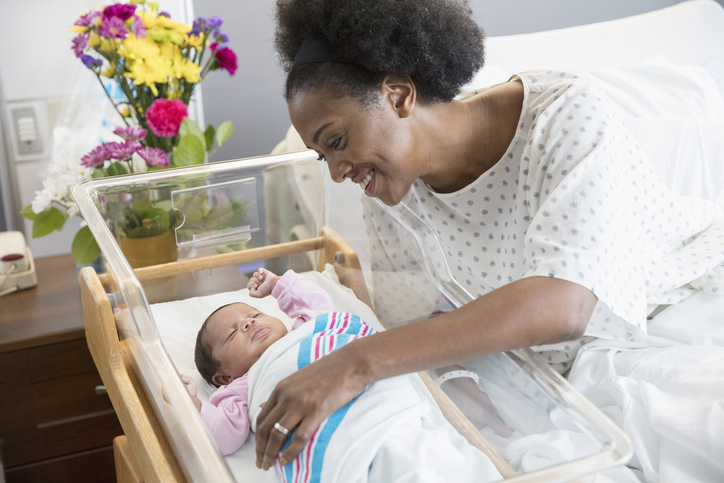Things You Should Know About Home Births
Share the post
Share this link via
Or copy link

Source: ER Productions Limited / Getty
The idea of a home birth sounds nice of course, especially for those who are nervous around hospitals and understandably so these days. Who wouldn’t prefer being surrounded by their own furniture, family photos, and familiar belongings instead of an IV, sterile walls, and the beeping sounds of machinery? While labor is one of the most natural things in the world, the hospital feels like the least natural setting for it. So it’s no wonder that many women opt for a home birth. Here’s the thing: Well over a quarter of first-time moms who try a home birth wind up transferring to a hospital. It’s not always seamless in comparison to hospital births.
When we think of a complicated delivery, we may think of risks to the baby. Those are very real, but maternal mortality is also a big issue in this country. In fact, the CDC reports that women in the United States are more likely to die from pregnancy or childbirth-related complications than women in any other developed country. Nearly 700 women still die each year in the US from such complications. That’s just one of the reasons organizations like Merck for Mothers was created. It specifically works to strengthen healthcare services for moms in underserved communities and make childbirth safer. Ironically, many of us may grow up with the idea that pregnancy and labor are a breeze, never knowing of the real dangers involved until it happens to someone we know, or ourselves. A home birth can be nice, but it can also be idealistic, and bringing a new life into this world is no time to brush over realities. We spoke with Dr. Lorie Johnson (pictured below), a board-certified OB/GYN and the owner of Just For You Women’s Healthcare, a private practice in Atlanta, about some of the realities surrounding home births.

Source: NA / na
Why do some women want a home birth?
If you’re about to have your first child and have never explored the pros and cons of a home versus hospital birth, you may have limited knowledge of home births. Hospital births we’re all mostly familiar with – we’ve seen enough movies and known enough friends and loved ones who’ve had them. So why do women go for a home birth? Some want a natural birth, meaning there is no medical intervention such as pain medication or labor induction. For some women, it’s simply a matter of cost, as hospital births can be very expensive. Vaginal birth with insurance in a hospital can cost around $5,000. Without insurance, it gets much higher. And when you move into C-sections, the price can triple. In some cases, religion is the motivator behind a home birth, and at other times, the mother may not have access to a hospital – or at least not to one that she likes.

Source: NoSystem images / Getty
Find a provider you like and trust
Love MadameNoire? Get more! Join the MadameNoire Newsletter
We care about your data. See our privacy policy.
Being on the same page as your doctor when the delivery comes will be a big part of your overall experience, says Dr. Johnson, stating that more “old-school” doctors might have rigid views on the process. “An old-school doctor is going to say ‘absolutely not’ [to a home birth]. In the hospital birth, they’ll demand you stay in bed. They’ll demand an IV. They may not be as patient and they will allow more interventions in the labor process, saying ‘If you don’t deliver by this set time, we’ll do a C-section.’” She strongly recommends speaking to your doctor about your birth wishes in advance to make sure you can come to some agreement.

Source: LeoPatrizi / Getty
Don’t WebMD this one
Though we’re a generation that loves to just look up medical advice online and self-diagnose, Dr. Johnson says you need to talk to your doctor about what’s realistic and what’s safe. “Having that conversation early enough is key. What you don’t want is to go online and come up with a birth plan you got off the Internet and just show up at the hospital with it. That can cause friction because sometimes the things you see on the Internet aren’t even applicable in real life in certain instances,” she says. “That’s a part of the disconnect between the medical community and the public.”

Source: Jose Luis Pelaez Inc / Getty
A home birth is not for everyone
Just because your friend raves about her home birth doesn’t mean it’s the right fit for you. Your friend doesn’t know your medical history or your exact situation. “For specific people, and specific populations, home birth is a viable option. It’s not for everybody,” Dr. Johnson says. “It just isn’t. Things can go from good to bad in minutes. If you’re at home and there is no one there to intervene, it can be tragic. Not everybody should sign up to do a home birth.” Your friend may speak of her beautiful experience with it, but unless she’s a doctor who has reviewed your charts, she doesn’t know if it’s safe for you.

Source: Lisa5201 / Getty
So who is at risk?
It’s important to know if you’re in a high-risk group, because if so, the possibility of complications can be a real factor in your decision-making process. Being in near-perfect health is basically the barometer for whether or not a home birth is right for you. Dr. Johnson advises that, unless you are young, healthy, have no pre-existing complications, and are of a healthy weight, you probably shouldn’t do a home birth. Having some medical conditions can make you a candidate for a C-section, which simply cannot be performed at home. They’re covered here, but include fibroids, brain conditions, and heart conditions.

Source: Diversity Photos / Getty
Midwives and doctors must work together
A good midwife will know when it’s time to hand things over to a doctor and take you to the hospital Dr. Johnson says. Furthermore, she’ll know exactly which doctor she’s taking you to. “You want to make sure that whoever your midwife is, she has a relationship with a doctor who has privileges at a hospital,” she says. “Should something go awry, should something go off plan, you want to be able to get to a hospital safely and have someone who is familiar with you and your midwife and be able to take over your care. You don’t want to be dropped off at the ER by your lay midwife.”

Source: JGI/Tom Grill / Getty
What can go wrong?
Though it’s scary to talk about, it’s better to discuss it early, rather than only addressing it for the first time when it’s happening. According to Dr. Johnson, these are some things you need to have a plan for. “There can be an issue with the baby’s heartbeat. There can be a shoulder issue where the baby can’t be delivered. The shoulder gets stuck and he can’t fit through the vagina. There can be post-delivery bleeding, where we can’t get the mom to stop bleeding after,” she says. “There can be abruptions where the placenta separates prematurely. There can be something called a cord prolapse where the cord drops out in front of the baby’s head. Those are some of the common things that are considered emergencies where you’d need intervention.”

Source: SDI Productions / Getty
Finding a good midwife
You may hit it off and feel friendly with one midwife, but the birth of your child isn’t the time to hire someone based on personality. Experience is everything, though getting along well helps. “I prefer a certified midwife or a lay midwife,” Dr. Johnson says. “In some states, midwives are licensed to do homebirths and in some states, midwives may not have official medical training. You have to be efficient in your research.” The quality of midwives varies from state to state according to her. “Some states have strong midwife policies. Others don’t. You want to make sure that your midwife has been trained at a school of midwifery. It’s important she went to an actual midwifery school as opposed to just started doing it from the house.”
What about a doula?
Doulas can be wonderful resources. In fact, we made a whole video about them! They can provide emotional support and education to women who are pregnant, in labor, and have just given birth. Many women rely on doulas for the pregnancy and childbirth process, but they cannot and should not replace a certified midwife, or physician, says Dr. Johnson. “A doula is a coach. She provides support to a mom. A midwife is actually going to deliver the baby and the midwife should be seeing this person all the way through from prenatal care to delivery to making sure the baby is growing appropriately. You can do a two-day class to be a doula. You need medical training to be a midwife.”

Source: KidStock / Getty
Just how dangerous it it?
Interestingly, some studies suggest that the real numbers surrounding negative outcomes following home birth are not as bad as those with a hospital birth. One study found that perinatal death was slightly higher in hospital births than planned home births and that medical intervention both for the mother and baby was less common in planned home births when compared to hospital births. But “planned” is an operative word that comes up often. These numbers should not encourage anyone to do a home birth spontaneously, without consulting a medical professional and thoroughly researching a midwife, as well as having a backup plan should things go wrong. While the likelihood of an issue may appear low based on this study, should a problem arise, it can be very serious, very fast.







